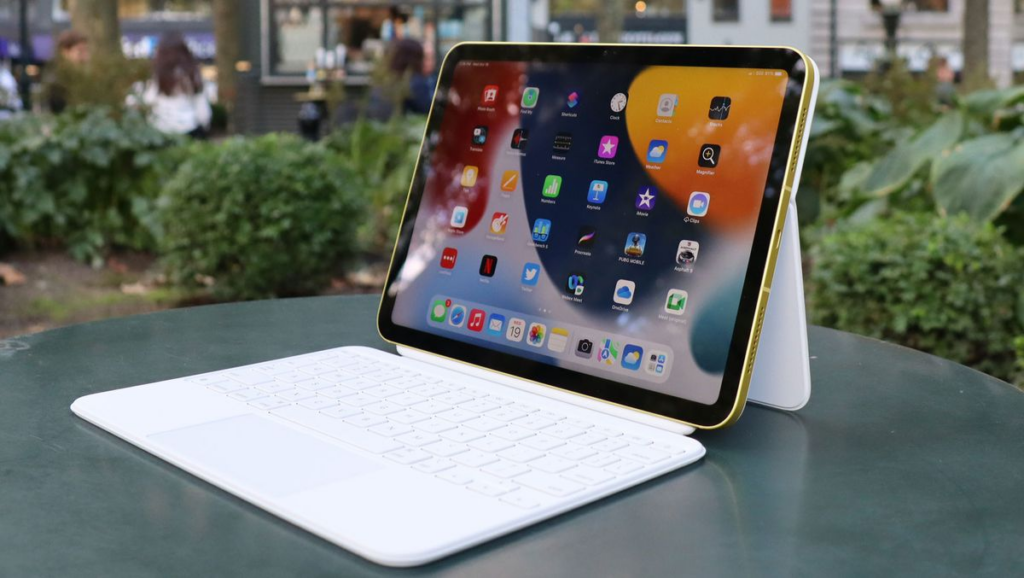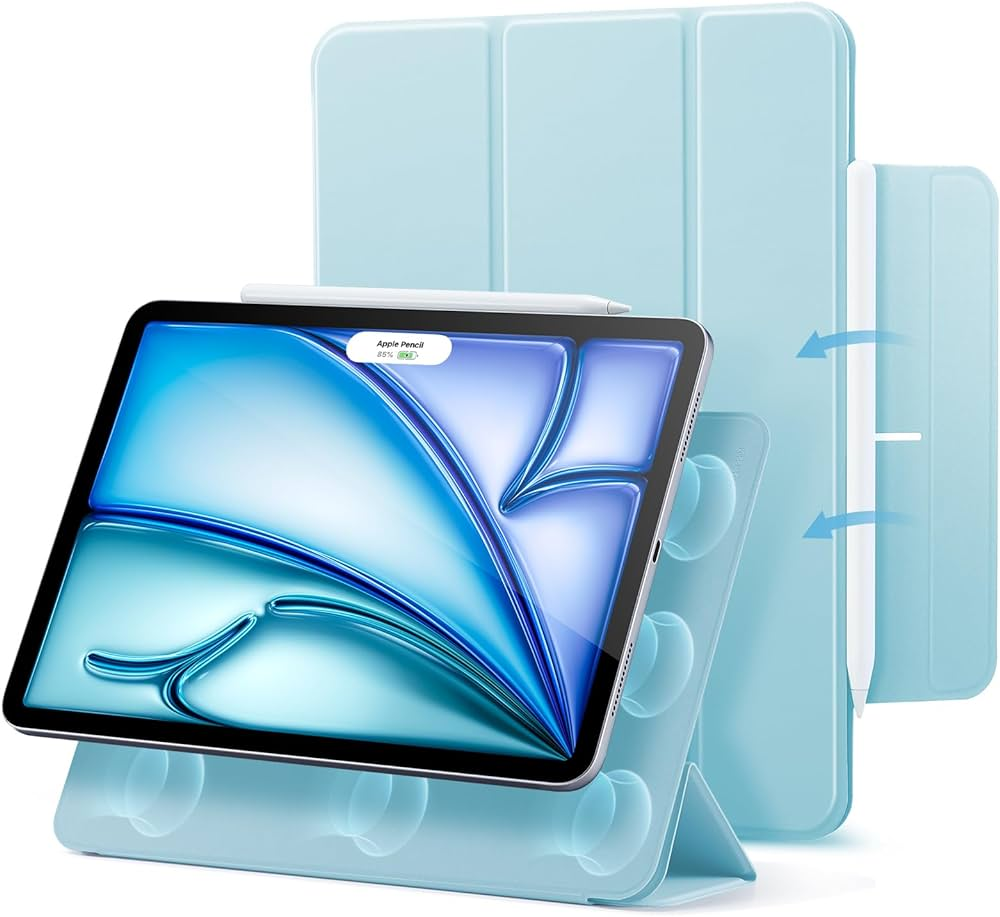With Apple consistently setting benchmarks in the tech world, the upcoming 2024 models of the iPad Air M2 and the iPad 11th Gen are highly anticipated. Both devices promise impressive updates, but how do they stack against each other? In this article, we’ll explore all expectations surrounding the design, performance, and features of these two tablets to help you decide which suits your needs best.
Design and Build Quality
The design and build quality of Apple’s iPads have always been a strong selling point. The iPad Air M2 is expected to continue this tradition with a sleek, lightweight design and an aluminum chassis that exudes premium quality. Rumors suggest it might even adopt some elements from the iPad Pro line, such as thinner bezels and a squared-off design.
On the other hand, the iPad 11th Gen is believed to offer a more budget-friendly approach while still maintaining a high standard of craftsmanship. It may retain a traditional look with rounded corners and slightly thicker bezels, but it’s unlikely to compromise on durability and user experience. Both models are anticipated to come in a variety of colors, catering to different consumer preferences.
Display Technology
When it comes to display technology, the iPad Air M2 is poised to deliver a superior experience with its potential adoption of a mini-LED display, enhancing brightness and contrast ratios. This would make it an ideal choice for activities such as video editing, gaming, and streaming high-definition content. Reports also hint at a possible increase to a 11-inch display, providing a bit more screen real estate.
Conversely, the iPad 11th Gen is expected to stick with an IPS LCD display, which is still quite impressive. While it may not offer the deep blacks and vibrant colors of a mini-LED, it will undoubtedly provide a solid visual experience for everyday tasks and media consumption. Both models should support Apple Pencil for creative and productivity tasks.
Performance and Specifications
The iPad Air M2 will likely be powered by Apple’s M2 chip, signaling a leap in performance capabilities. This means faster processing, better graphics, and improved energy efficiency, making it capable of handling intensive applications with ease. Whether you’re multitasking, gaming, or using demanding software, the M2 chip will ensure a smooth experience.
Meanwhile, the iPad 11th Gen is anticipated to feature the latest A-series chip, possibly the A15 or A16 Bionic. While not as powerful as the M2, this chip should provide ample performance for the majority of users, especially those focused on web browsing, streaming, and everyday app usage. Both devices are expected to come with options for various memory configurations, ensuring there’s a suitable model for every user.

Battery Life and Charging
Battery life is a crucial aspect for tablet users, and the iPad Air M2 is anticipated to offer substantial battery improvements thanks to its efficient M2 chip. This would potentially lead to longer usage times, extending into double digits in terms of hours under normal usage conditions. Fast charging capabilities and possibly even new wireless charging options could be on the table.
For the iPad 11th Gen, expectations are also high for an all-day battery life, but it might fall slightly behind the iPad Air M2 in this regard. Fast charging and a reliable battery are still anticipated features, allowing users to quickly recharge and get back to their tasks without much downtime.
Price and Availability
Price is always a deciding factor when choosing between tech devices. The iPad Air M2, with its premium features and advanced technology, is expected to carry a higher price tag, potentially starting around $599 or higher for the base model.
On the other hand, the iPad 11th Gen aims to be a more budget-friendly option, possibly starting around $329, making it more accessible to a wider range of consumers, including students and families. Both models are expected to be available for pre-order soon after their announcement, with general availability following shortly after.
Conclusion
In conclusion, the iPad Air M2 (2024) and iPad 11th Gen (2024) both promise to be exceptional tablets, each catering to different segments of the market. The iPad Air M2 is geared towards those seeking high performance, cutting-edge display technology, and a sleek design, albeit at a higher price point. The iPad 11th Gen, meanwhile, aims to deliver solid performance and reliability at a more affordable cost. Overall, your choice will depend on your specific needs and budget.
FAQ
1. What will be the main differences between the iPad Air M2 and the iPad 11th Gen?
The main differences are expected to be in performance, display quality, and design. The iPad Air M2 will likely have a more powerful M2 chip, a mini-LED display, and a sleeker design, while the iPad 11th Gen will feature the A15 or A16 chip and an IPS LCD display at a lower price point.
2. Which iPad is better for students?
The iPad 11th Gen is likely better for students due to its more affordable price, making it accessible while still offering good performance for everyday tasks and educational apps.
3. Will both iPads support the Apple Pencil?
Yes, both the iPad Air M2 and the iPad 11th Gen are expected to support the Apple Pencil, enhancing their utility for note-taking, drawing, and productivity tasks.
4. How much more will the iPad Air M2 cost compared to the iPad 11th Gen?
The iPad Air M2 is expected to be priced higher, possibly starting around $599 or more, while the iPad 11th Gen will be more affordable, potentially starting at $329.
5. When will the new iPads be available?
The iPads are expected to be available for pre-order shortly after their announcement, with general availability following soon after. Exact dates will be announced by Apple during the product launch event.


